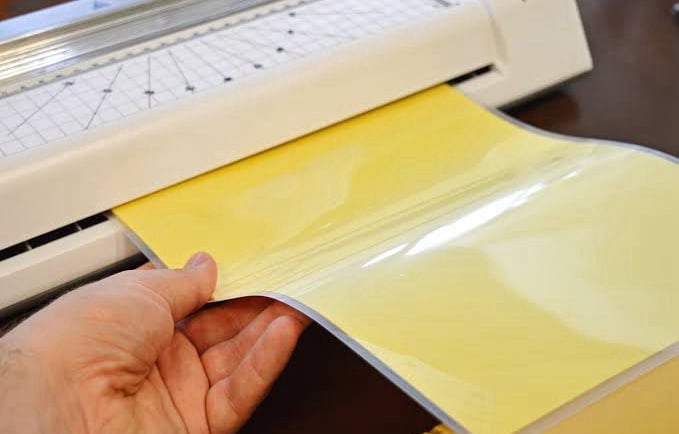Original Documents vs Laminated Documents | Why Embassies Reject Laminated Papers
Embassies often reject laminated documents during visa or job verification. Learn why laminated papers are not accepted and how to keep originals safe. laminated documents rejected by embassy original vs laminated documents visa document verification apostille and attestation rules why embassies reject laminated certificates laminated documents problem abroad
9/16/20252 min read


🛑 Warning! The Unseen Obstacle That Can Halt Your Dream Journey Abroad
You’ve got your acceptance letter, the job offer, or the visa application package sitting right in front of you. You're ready to take the next big leap! You've meticulously gathered all your important papers—degrees, marksheets, professional certificates. They’re all so perfectly preserved.
Wait a minute... are they laminated?
For many of us, lamination felt like the right, responsible way to protect our precious documents. We wanted them safe from spills and creases! But when it comes to international travel, work, or study, that thin layer of plastic is actually the most common reason for document rejection at embassies and verification offices.
Let’s unpack this crucial, often confusing, hurdle.
The Conflict: Protection vs. Proof 💔
We seal our papers for protection, but verification authorities need to see proof. That’s where the problem starts.
🚫 Why Embassies Say "No" to Laminated Papers
Imagine the job of a visa officer. They handle thousands of documents and have seconds to confirm if yours is $100\%$ genuine. Lamination instantly raises four major red flags:
The Hidden Fingerprint: Every authentic document has unique features—the texture of the paper, the raised seal (embossing), and the specific ink. Lamination flattens these details and hides the crucial government watermarks and original seals. If they can’t see the evidence, they can’t verify it.
The Suspicion of Tampering: The worst-case scenario for an official is forgery. A laminated paper immediately suggests the possibility that a fake document or altered grades might have been sealed under the plastic to hide the modification. Trust is broken instantly.
The Attestation Dead End: Your documents need to be Apostilled or attested—a legal stamp of approval for international use. Where does the official stamp go if the document is covered in plastic? It can’t be properly stamped, signed, or notarized, making the certificate legally unusable abroad. (Learn more about the Legalization process on Wikipedia).
Verification Blockade: Authorities use various methods (like shine tests or ink analysis) to check authenticity. Lamination simply prevents them from performing these necessary legal checks.
📢 Real-World Frustration: Students frequently share stories online of their application processes being entirely halted because the embassy required attestation, and the center refused to stamp a laminated certificate. It’s a recurring, painful problem. (See a student's plea for help on Reddit).
Your Safe Documentation Strategy ✅
Don't let this simple mistake turn your excitement into frustration. If you are planning to work, study, or settle outside your home country, the rule is simple: Keep your documents in their original, untouched state.
What to Do Right Now:
Protect, Don't Seal: Use a high-quality, clear plastic sleeve or a sturdy file folder to store your documents. This protects them from wear without permanently altering them.
The Best Option: If your vital certificates are already laminated, the safest solution is to contact the issuing university, school, or government body and request a certified original duplicate copy.
The Expert Solution: If getting a duplicate isn't possible, do not try to peel it off yourself! You risk permanent, irreparable damage. Seek out professional services that specialize in safe, laser-based lamination removal (like ours!).
In the world of international verification, original is the only standard. By ensuring your documents are clear, verifiable, and untouched, you remove a major obstacle and keep your dream journey moving forward!
Contact Viral Gala, your Document Integrity Specialist:
Call/WhatsApp: +91 99203 22366
Lamination Removal: https://www.howtoremovelamination.com/
360 VR Photography: 360vrphotography.com or 360vrphotography.in

